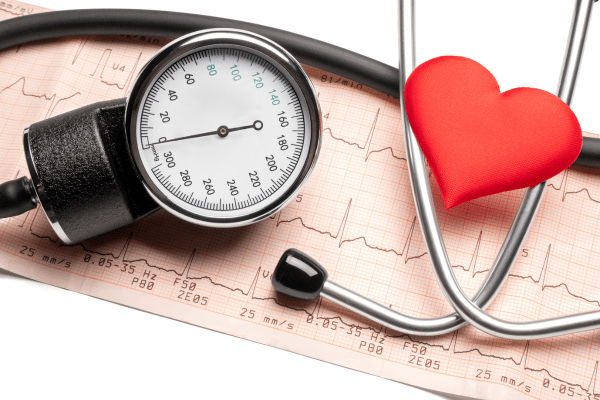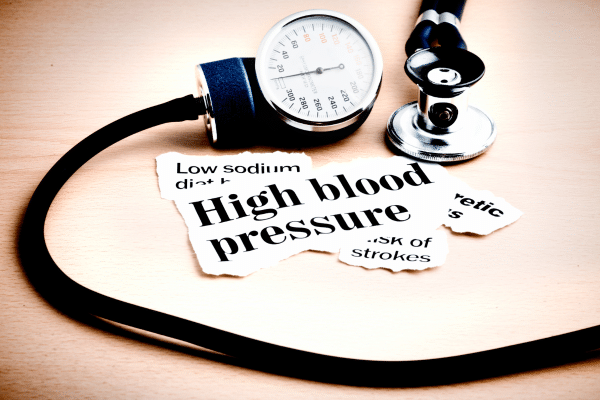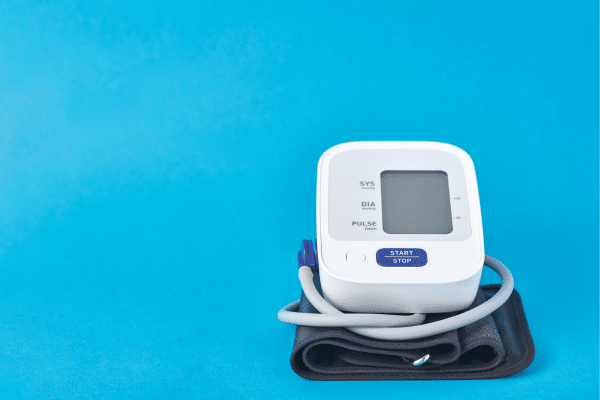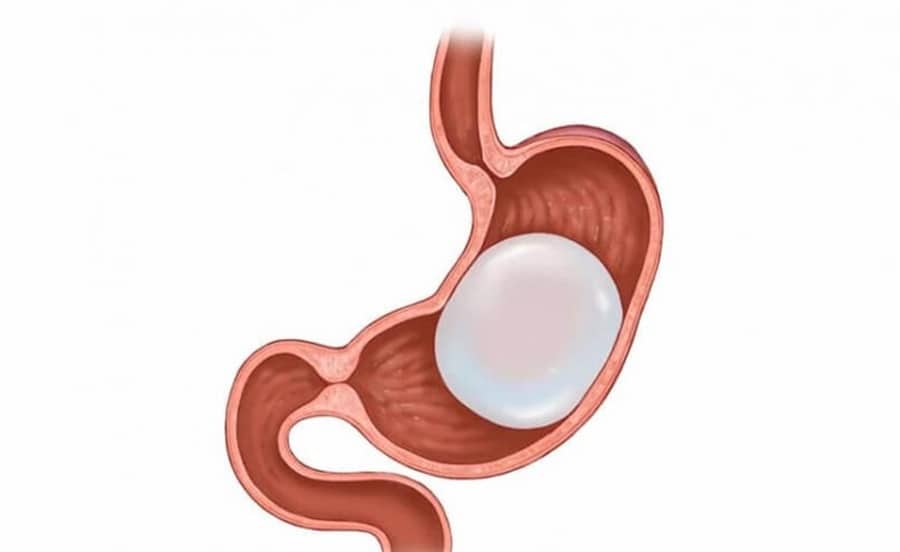Blood pressure, a critical indicator of heart health, is often discussed but not always fully understood. It’s a vital sign, just like heart rate and temperature, providing insight into the inner workings of the cardiovascular system. This blog post aims to demystify blood pressure, diving into its definition, the importance of maintaining healthy levels, and the factors that influence it. From understanding the basics to recognizing the impact of lifestyle choices, this comprehensive guide serves as an essential resource for anyone looking to improve or maintain their heart health through better blood pressure management.
Contents
Understanding Blood Pressure

Blood pressure is a measure of the force exerted by circulating blood on the walls of blood vessels. It’s typically recorded as two numbers – systolic pressure (the higher number) over diastolic pressure (the lower number). Systolic pressure measures the force when the heart beats, pumping blood around the body, while diastolic pressure measures the force when the heart rests between beats. These readings, measured in millimeters of mercury (mmHg), provide crucial information about the health and efficiency of the cardiovascular system.
The concept of blood pressure goes beyond mere numbers; it’s a reflection of how hard the heart must work to circulate blood. A normal blood pressure reading is typically around 120/80 mmHg, but this can vary based on various factors including age, activity level, and overall health. Understanding these numbers is the first step in recognizing potential health issues and implementing measures to maintain heart health.
The Significance Of Healthy Blood Pressure

Maintaining a healthy blood pressure level is pivotal in preventing a range of health complications. Elevated blood pressure, or hypertension, is a major risk factor for heart disease and stroke, two leading causes of death worldwide. Hypertension often develops over years and can go unnoticed until it causes significant damage to the heart and arteries. Conversely, abnormally low blood pressure, known as hypotension, can lead to dizziness and fainting, indicating underlying health issues.
The benefits of managing blood pressure extend beyond avoiding extreme health conditions. Keeping blood pressure within a healthy range contributes to the overall efficiency of the circulatory system, ensuring that organs receive an adequate supply of oxygen-rich blood. This not only enhances physical health but also improves mental well-being, as optimal blood flow is crucial for brain function. Recognizing the importance of blood pressure is therefore a key aspect of comprehensive health management.
Factors Influencing Blood Pressure

A myriad of factors contributes to an individual’s blood pressure levels. Genetics play a significant role; some people are predisposed to hypertension or hypotension based on their family history. However, external factors such as diet, physical activity, and stress levels also have a substantial impact. Diets high in salt, fat, and cholesterol can lead to increased blood pressure, while regular physical activity tends to lower it. Stress, too, is a known contributor to temporary spikes in blood pressure, highlighting the importance of effective stress management.
Additionally, age, gender, and certain medical conditions can influence blood pressure. Generally, blood pressure increases with age due to the natural hardening of arteries. Men are more likely to experience high blood pressure at a younger age, whereas post-menopausal women have a higher risk. Medical conditions like diabetes and kidney disease can also affect blood pressure, necessitating careful monitoring and management in individuals with these conditions.
Detecting And Diagnosing Blood Pressure Issues

Recognizing the symptoms of abnormal blood pressure can be challenging, as they often go unnoticed until the condition becomes severe. High blood pressure typically presents no symptoms, earning it the moniker “the silent killer.” Occasionally, persistent headaches, shortness of breath, or nosebleeds might signal elevated levels. In contrast, symptoms of low blood pressure include dizziness, fainting, and a rapid, shallow heartbeat. These signs should prompt an immediate medical consultation.
Diagnosis of blood pressure issues involves regular monitoring, either at home or by a healthcare professional. Blood pressure monitors provide immediate readings, allowing for early detection of potential issues. During medical examinations, healthcare providers often take multiple readings at different times to ascertain average blood pressure levels. Accurate diagnosis is crucial, as it forms the basis for any subsequent treatment and management plans.
Managing And Treating Blood Pressure

For those diagnosed with high blood pressure, a combination of medication and lifestyle changes is often prescribed. Medications, such as diuretics and beta-blockers, work to lower blood pressure by relaxing blood vessels or reducing heart rate. However, medication alone is seldom enough. Dietary changes, particularly reducing salt intake, along with increasing physical activity, are essential components of a comprehensive treatment plan.
Lifestyle adjustments are equally important in managing low blood pressure. Increasing water and salt intake, under medical supervision, can help raise blood pressure to safer levels. Small, frequent meals are recommended over large ones to prevent significant drops in blood pressure post-eating. Wearing compression stockings can also aid by preventing blood from pooling in the legs, thereby improving circulation.
Debunking Blood Pressure Myths

Misconceptions about blood pressure abound, leading to misunderstandings and mismanagement of the condition. A common myth is that high blood pressure is always accompanied by symptoms like nervousness, sweating, and facial flushing. In reality, most people with high blood pressure experience no symptoms at all. Another widespread belief is that people with high blood pressure should avoid all forms of exercise, when in fact, regular physical activity is key to managing the condition.
Another misconception is that blood pressure issues are only a concern for older adults. While it’s true that the risk increases with age, younger people, even children, can be affected. Lastly, some believe once blood pressure is brought under control, medication can be stopped. However, high blood pressure is a lifelong condition, and treatment, including medication, is often a long-term commitment.
Preventive Measures And Monitoring

Prevention is the best strategy for maintaining healthy blood pressure levels. Adopting a heart-healthy diet rich in fruits, vegetables, whole grains, and lean proteins is beneficial. Limiting alcohol intake and avoiding tobacco products also play a crucial role. Regular physical activity, such as brisk walking for 30 minutes most days of the week, can effectively lower blood pressure and improve overall heart health.
Regular monitoring is vital, especially for those with risk factors for high blood pressure. Home blood pressure monitors are widely available and easy to use, providing a convenient way to keep track of readings. Annual check-ups with a healthcare provider are recommended for a comprehensive assessment. This proactive approach allows for early detection and intervention, which can prevent or delay the onset of hypertension-related complications.
The Bottom Line
Blood pressure, a silent yet crucial aspect of health, requires awareness and proactive management. Understanding the factors that influence blood pressure, recognizing the symptoms of abnormalities, and adopting a healthy lifestyle are fundamental in maintaining optimal levels. Regular monitoring and medical consultations are key to early detection and effective management. By dispelling myths and providing accurate information, this guide aims to empower readers to take charge of their heart health, emphasizing that managing blood pressure is a continuous, lifelong commitment.


